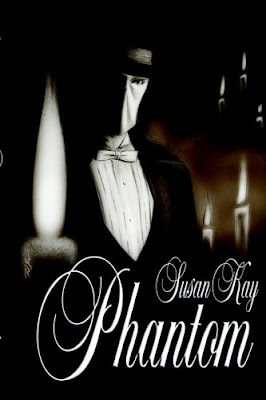

The 1871 Paris Commune, a two-month-long revolutionary government, serves as a historical backdrop to The Phantom of the Opera. In 1909, he was made a “Chevalier de la Légion d’honneur,” the highest honor for extraordinary contributions to the French nation. He wrote The Phantom of the Opera serially in 19, and published over forty novels and short stories throughout his life.

His experience as a lawyer and a journalist allowed him to recount crimes and mysteries with striking detail, and he became known as a writer specialized in detective stories.

This story, in which the protagonist seeks to discover how an assassin could escape a room that was locked from within, became so successful that Leroux decided to abandon journalism and dedicate himself to fiction. Two years later, he published a detective novel, The Mystery of the Yellow Room, in serial installments. Already known as a talented reporter, he was then sent to Russia in 1905, where he covered the 1905 Russian Revolution, a bloody premise to the 1917 Russian Revolution. His account of an anarchist attack on the Chamber of Deputies earned him a strong reputation as a journalist, allowing him to become the judicial columnist for the most important Parisian newspaper. There, he became a lawyer and wrote accounts of trials for a newspaper to supplement his earnings. After growing up in Normandy, Gaston Leroux returned to his city of birth, Paris, at the age of eighteen.


 0 kommentar(er)
0 kommentar(er)
